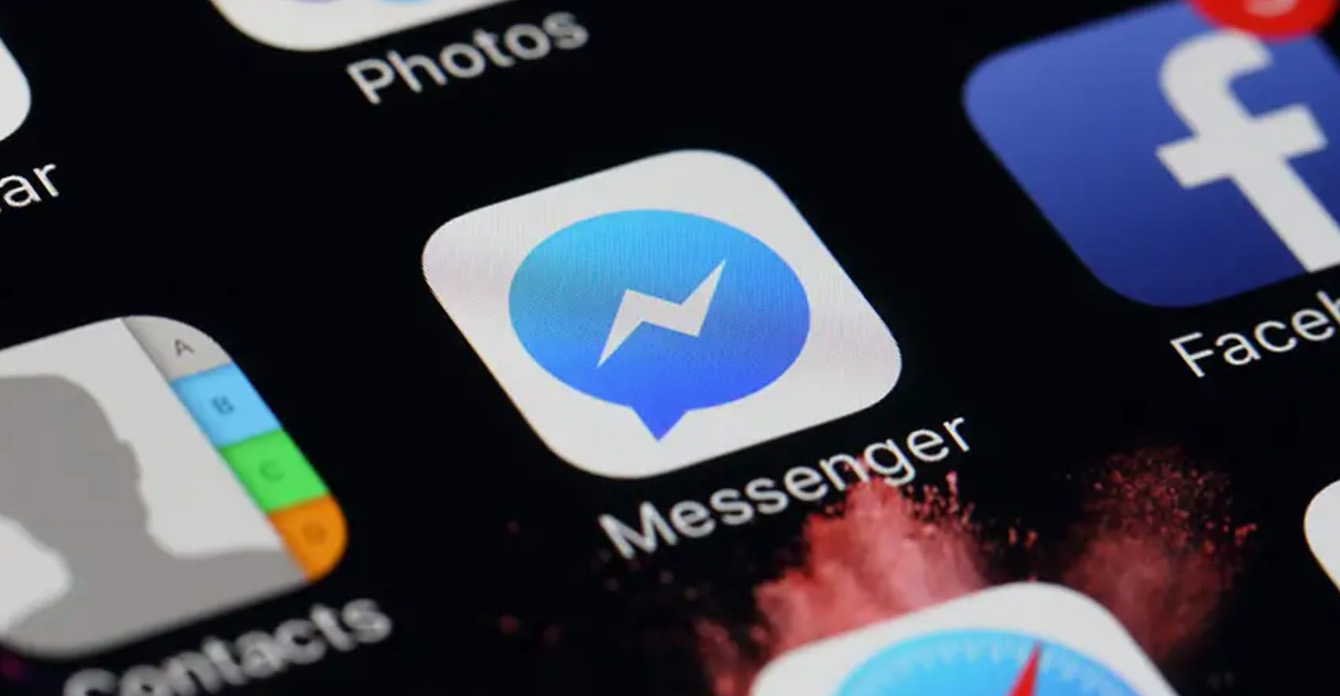More than 1.3 billion people around the world use Facebook Messenger every month—and they’re not just messaging family and friends: More than 20 billion messages are sent between businesses and customers.
Messaging is now a preferred method of communication when it comes to customer service. An increasing number of customers are turning to live chat options on social media like Messenger to address questions or concerns, whether their interest was piqued by an ad or they had a negative customer experience that needs to be addressed. Consider these statistics:
- 2.9 billion people use Facebook every month
- 64% of people across generations say they prefer messaging to a call or email
- 65% of them say they’re more likely to shop with a business they can contact via chat
- 70% of people said they expect to be able to message business for customer service
- 81% of consumers message a business to ask about products or services
- 75% message business for support
Personally, I don’t remember the last time I picked up a phone to call customer service. Whether it’s to ask a general question about an order I placed, disconnect a service or to inquire about a charge on my credit card, Messenger is my go-to. It is instant and convenient and keeps a record of my interaction, allowing me to leave and return to the conversation at any time.
How can your brand benefit from using Messenger?
Consumers aren’t the only ones benefiting from Messenger; brands do too. Enabling customers to connect with you via social media messaging platforms engenders trust in your brand: After all, if you’re open to dialogue, you must not have anything to hide. It also gives you the opportunity to follow up with the customer or prospect, strengthening your relationship—and cross-sell potential. And if there is a problem with a customer or their experience, messaging keeps sensitive topics private (and hopefully off social platforms and review sites).
To get the most from Messenger, follow these best practices:
- Respond quickly.
You have 24 hours to respond, but ideally, it should be even sooner. The average consumer expects instantaneous service and not only will you be able to help quickly, but your business page will also be flagged as a business that responds fast. The faster your brand responds on average, the better, and customers do take note of this. - Offer personalized service to each customer.
Automated responses are useful but aren’t all-compassing. Customers turn to Facebook when they need real help from a real person. - Make it short and sweet.
Keep your messaging to the point. People generally use messaging with brands for specific queries and they want specific answers. - Frequently encourage users to message you privately.
You commonly see brands encouraging customers to message them privately. They may do this when a user wins a Facebook contest and the brand needs their contact information—or when someone has a complaint or concern. If someone is unhappy, wants to talk more or has a concern, have them shoot you a message for more details. This is a great way to start productive conversations with your audience (and keep the negatives off your page).
Businesses should consider Facebook Messenger as a priority communication. Your customers—and those looking to become your customers—certainly do.










